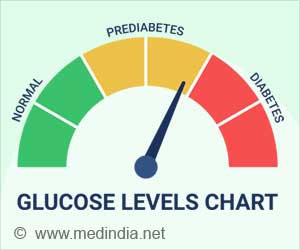Breast milk can prevent a premature baby from developing heart disease, as breast milk helps strengthen the infant’s immune system, regulate hormones and growth factors, reduce inflammation and improve the metabolism of the child.
- Breast milk plays a vital role in preventing heart disease in premature babies
- Breast milk can help prevent heart disease better by strengthening the infant’s immune system, regulating hormones and growth factors, reducing inflammation and by improving the metabolism of the child
TOP INSIGHT
Breast milk can prevent a premature baby from developing heart disease, as breast milk helps strengthen the infant’s immune system.
Read More..
One study cited in the article looked at 30 preterm-born adults who were assigned to receive exclusive human milk and 16 preterm-born adults who were assigned to receive an exclusive formula-based diet during their hospital stay at birth. They then underwent detailed cardiovascular assessment between 23 and 28 years of age, including an MRI of their hearts.
As expected, all of the hearts of those born prematurely had smaller chambers than the hearts in people who were not born prematurely. However, the study showed that the smaller heart chambers were less profound for the exclusively human milk-fed group in comparison to those who were exclusively formula fed, suggesting a potentially protective effect of human milk for heart structure.
How Breast Milk Works in Lowering Heart Disease Risk
The researchers then identified potential reasons for why breast milk results in a lower risk of heart disease. Breast milk could help prevent heart disease by better regulating hormones and growth factors, strengthening the infant's immune system, reducing inflammation and by possibly improving the metabolism of the child.
"It is becoming increasingly clear that premature birth results in long-term adverse cardiovascular effects with important clinical consequences. There is a distinct lack of preventative and therapeutic interventions available to alleviate those effects," said Professor Afif EL-Khuffash, Honorary Clinical Professor of Paediatrics at RCSI and Consultant Neonatologist at The Rotunda Hospital, Dublin.
The collaborative research group is continuing to study the effects of human milk exposure on heart function in very premature infants by using novel scans to measure heart function. They hope to demonstrate that early human milk exposure in premature infants can lead to significant improvements in heart function over the first two years of age.
Source-Eurekalert
 MEDINDIA
MEDINDIA





 Email
Email










